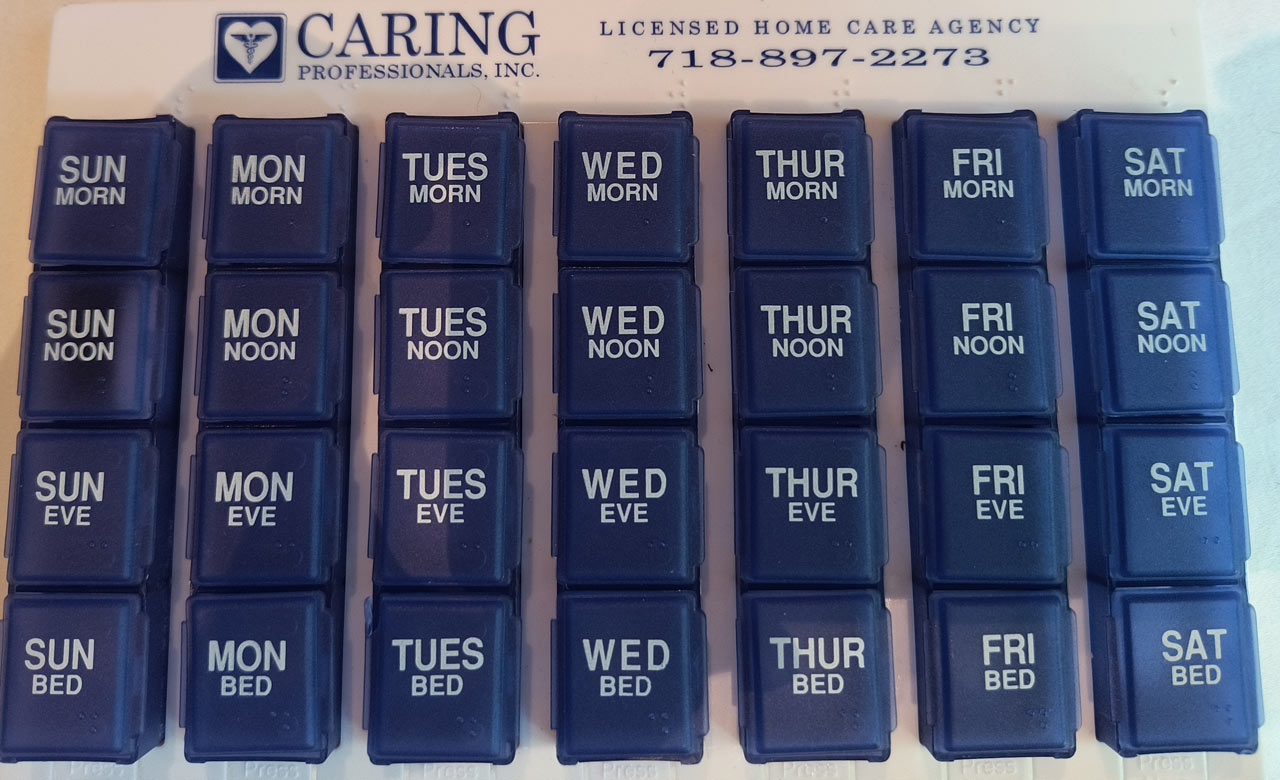This is the term Carl Jung the famed psychologist used for the second half of life. To him aging was a developmental stage, not just a stage of deterioration of the physical. He saw that older people become more concerned with what is going on inside of them, their hearts and minds, their values, and beliefs. The outside has less appeal than it did earlier.
We see some of this in our loved ones. As caregivers and children of the elderly, we see them less interested in major world affairs and even in local affairs. Some become very preoccupied with themselves and their thoughts and feelings, almost to the exclusion of other matters and people around them. We are concerned and nervous when they become self-focused and somewhat selfish.
Is this a healthy situation? Is this grim and depressing? Should we try to distract our parents? Try to interest them in matters around them? What’s our role here?
Context and causation are important. How old is your parent? What is his or her physical state? Has he declined in cognition? Has he had a recent medical episode? Has he suffered a loss recently? Is he depressed? Many people in the late eighties take medication for their mental health as pharmacological intervention is needed to maintain their normal equilibrium. So, let’s pay attention to the overall physical, emotional, and mental situation of the elder.
Let us also keep in mind that as people age, they face the reality of dying. They may do a life review. They may listen to their inner voices and tune out other voices. They may tune in to feelings they have suppressed and experience them fulling. Unresolved issues and conflicts may bubble up.
At the same time, an elder may make sense of his life, trying to make meaning, and focus on a developing a coherent narrative and legacy. In other words, he integrates his personal journey into an individual story with ups, downs, lessons, and lore. He comes to terms with the purpose and accomplishments of his time spent on earth through an evaluative process.

Is this a bad thing? No. It is healthy, says Jung. Determining the meaning of one’s life is one of the seven tasks of aging he specified. The aging process is an integrative one, when spending time alone, meditating, and journaling allow one to reflect in a constructive manner. A healthy selfishness is fine. It may lead to self-compassion and happiness.
“The afternoon of human life must also have a significance of its own and cannot be merely a pitiful appendage to life’s morning, “said Jung.
Finding joy and vitality, not just peace and meaning, takes more of an effort during the yaging years. The famous Julia Cameron, author of the Artist’s Way series, talks about reigniting creativity and meaning in her book It’s Never Too Late to Begin Again for midlifers and those beyond.
She suggests several simple tools, regular activities that rejuvenate and bring richness to this time.
- Regular memoir writing
- Regular stream of consciousness writing
- Artist dates-regularly doing new activities which lead to interests, creativity, and fun.

The last one is the most innovative. Going on outings connected with new things, cultural, craft-related, food related, or something that entrances you. It can be as simple as stopping into a pet store, a plant store, or a Guyanese restaurant. It encourages play. It’s something that feels fresh and exciting to you. You can think of it as a play date with yourself for an hour. Artist dates take courage to initiate. But they lead to renewed vigor and inspiration.
It’s not so simple to encourage your parent to engage in these activities. You cannot make a frail senior do anything he doesn’t want to do. However, you can encourage breaking out of routine schedules that center around health maintenance to engage briefly in new activities. You can pencil them in together as you talk about fun places to visit in the neighborhood and beyond.

You can also encourage him to record his memoirs as he reviews his photo albums. Give him the tools: the patient listening, the devices on which to record his memories, the memorabilia from his time and place that you can find on Google.
Engaging in artist dates is important for caregivers too, especially those in the midlife years. While your responsibilities seem overwhelming without any available time on the daily planner, doing one new thing a week that is restorative helps you stay sane, serene, and grounded. It’s not selfish. It’s self-care that is not only nourishing of the self but nourishes the creative spirit.
One woman in her fifties told me doing a creative project in her home once a week, even if was taking photos to the framer, kept her going during her mother’s final year. It reminded her that she was not just a daughter, a professional, and mother. She was a capable human who could accomplish and create, not just tend.
Fear not the later journey. Engage yourself with regular practice of journaling, memoir writing, and new activities. Find meaning and joy. And encourage your elder to do the same. And watch the sunshine come into your life and that of your senior.

Other articles in our series on aging:






